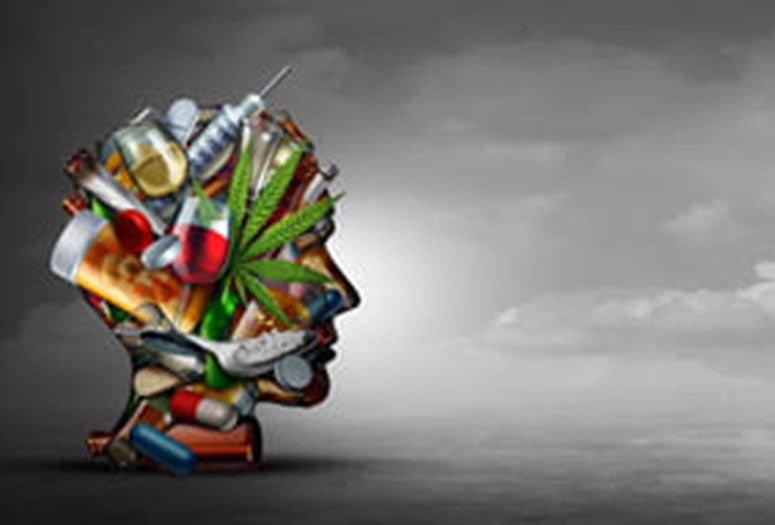HOUSTON -- (April 30, 2020) – There is no shortage of articles offering advice for how to deal with lockdown: stick to a routine, get enough sleep, eat regular meals, maintain social connections at a safe distance, and so on.
Drug use often doesn’t make the list, but early signs suggest this is how many people are grappling with a dark and uncertain reality, according to an expert at Rice University's Baker Institute for Public Policy.
"It will be vital to keep track of substance use patterns as COVID-19 progresses," Katharine Neill Harris, the Alfred C. Glassell, III, Fellow in Drug Policy at the Baker Institute, wrote in a new blog post. "For now, we can reasonably assume that at least some people are using drugs, or using them more often, to cope with life’s new challenges: concern that oneself or loved ones will contract the virus, upending of normal work and social routines, financial instability, social isolation and loneliness, to name a few."
Neill Harris is available to discuss the issue with the news media.
"That drug use is a reaction to external stress may sound obvious, but the American response to drug use has rarely addressed environmental causes, instead treating it, at different points in time, as a moral failing or a chronic disease," she wrote.
"The currently prevailing view of drug use and addiction emphasizes biology over life events," she wrote. "According to the disease model of addiction, repetitive and prolonged drug use 'hijacks' the brain’s reward system, leaving the person powerless over cravings. It is considered a chronic illness, often likened to such ailments as diabetes and hypertension.
"While these analogies have helped gain support for medication-assisted treatment for opioid use or relatively less punitive drug policies, the disease model does not adequately account for the external context influencing a person’s drug use behavior — nor can it explain why people respond to drugs differently in different settings, or why most drug use never progresses to addiction," she wrote.
"By exacerbating conditions that cause people to use substances as a coping mechanism, and by making these conditions felt by many more people, COVID-19 has fostered greater urgency and opportunity to improve our understanding of drug use," she wrote.
"How a problem is framed determines the kinds of solutions that people find acceptable, and recognizing addiction as an adaptive response is central to gaining support and funding for interventions tailored to a person’s underlying needs (housing, income, stability, physical and mental health care, etc.) and not solely or primarily their drug use."
-30-
To schedule an interview with Neill Harris or for more information, contact Jeff Falk, director of national media relations at Rice, at jfalk@rice.edu or 713-348-6775.
Related materials:
Neill Harris bio: http://bakerinstitute.org/experts/katharine-neill
Follow the Baker Institute via Twitter @BakerInstitute.
Follow the Baker Institute's Drug Policy Program via Twitter @BakerDrugPolicy.
Follow Rice News and Media Relations via Twitter @RiceUNews.
Founded in 1993, Rice University’s Baker Institute ranks as the No. 2 university-affiliated think tank in the world and the No. 1 energy think tank in the world. As a premier nonpartisan think tank, the institute conducts research on domestic and foreign policy issues with the goal of bridging the gap between the theory and practice of public policy. The institute’s strong track record of achievement reflects the work of its endowed fellows, Rice University faculty scholars and staff, coupled with its outreach to the Rice student body through fellow-taught classes — including a public policy course — and student leadership and internship programs. Learn more about the institute at www.bakerinstitute.org or on the institute’s blog, http://blog.bakerinstitute.org.

